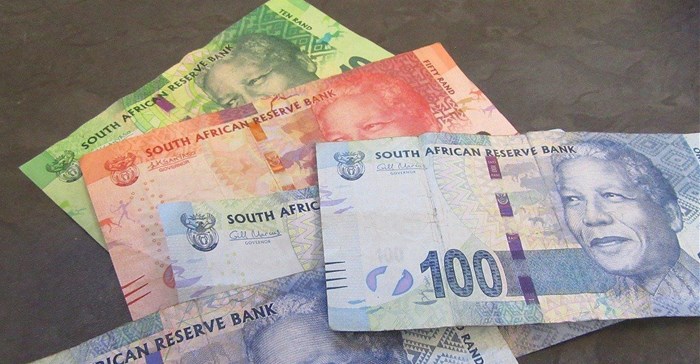The SA Reserve Bank's (Sarb's) Monetary Policy Committee has decided to increase the repurchase rate by 25 basis points to 4% per year, with effect from 28 January 2022.
This means the prime lending rate for commercial banks will now sit at 7.5%
The news comes on the back of the Committee's three-day meeting in which four members preferred an increase and one member preferred an unchanged stance.
The increase did not come as a surprise as economic forecasters were expecting Sarb to pull the trigger given the global and domestic pressures at play.
"Last year saw the ongoing recovery of the South African economy from the pandemic, but also the damage caused by the July unrest, cyber attacks and strikes," Governor of the South African Reserve Bank, Lesetja Kganyago said.
Consumers to feel the pinch
He said headline inflation in 2021 came out at 4.5%, with the Sarb’s forecast of headline inflation for this year (2022) revised higher to 4.9% (from 4.3%). and that some of these price increases have passed through to consumer prices in major economies.
“Oil prices are revised up for this year, and fuel price inflation is higher at 13.7% [up from 4.6%]. Local electricity price inflation for 2021 was 10.2%, while the forecast for 2022 is revised up to 14.5% [from 14.4%] and remains at 12.4% in 2023.”
“Global producer price and food price inflation continued to surprise higher in recent months and could do so again. Oil prices increased strongly through 2021 and are up sharply year to date.
"Current oil prices sit well above forecasted levels for this year. Electricity and other administered prices continue to present short- and medium-term risks,” the governor added.
SA economy remains vulnerable
Kganyago warned that although South Africa's economy rebounded strongly from the pandemic in 2021 going forward the growth rate will be slow and remain subject to various risks.
He said global growth is expected to slow to 4.4% in 2022.
"The International Monetary Funds focused for Global Growth Domestic Product is unchanged at 5.9% in 2021. The Sarb's focus for global growth in 2021 sits at 6.2% and is unchanged for 2022 and 2023 at 4.4% and 3.3% respectively. GDP growth in our trading partners in 2024 is focused to be 2.7%," Kganyago said.
"Global economic conditions are less supportive of emerging and developing economies now than they were for most of this past year. Although policy settings in advanced economies remain accommodative, higher global inflation is likely to accelerate normalisation of interest rates and balance-sheets reduction by major central banks.
"It is less certain now how far the normalisation process will go and the exact timing. This uncertainty continues to cause financial market turmoil," Kganyago said.
SA's anticipated GDP growth rate
Kganyago revealed that Sarb now expects SA’s GDP growth rate for 2021 to come in at 4.8%. GDP is expected to grow by 1.7% in 2022. The deceleration in growth from 2021 to 2022 is primarily a result of the fading rebound from the pandemic, alongside a climb-down from high export prices.
GDP growth is set to be 1.8% in 2023 and 2% in 2024.
"With low export prices, the economy's future demand-growth will depend more on investment than household spending. Sustained low borrowing costs and faster economic growth have strengthened private-sector investment some what despite ongoing constraints from load shedding and policy uncertainty," he said.
"Household spending remains supportive as a result of good growth in disposable income, rising asset prices and more credit demand. Overall, and after revisions, the risks to the medium-term domestic-growth outlook are assessed to be balanced."































